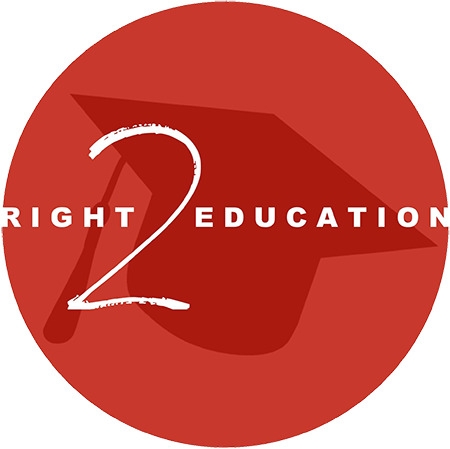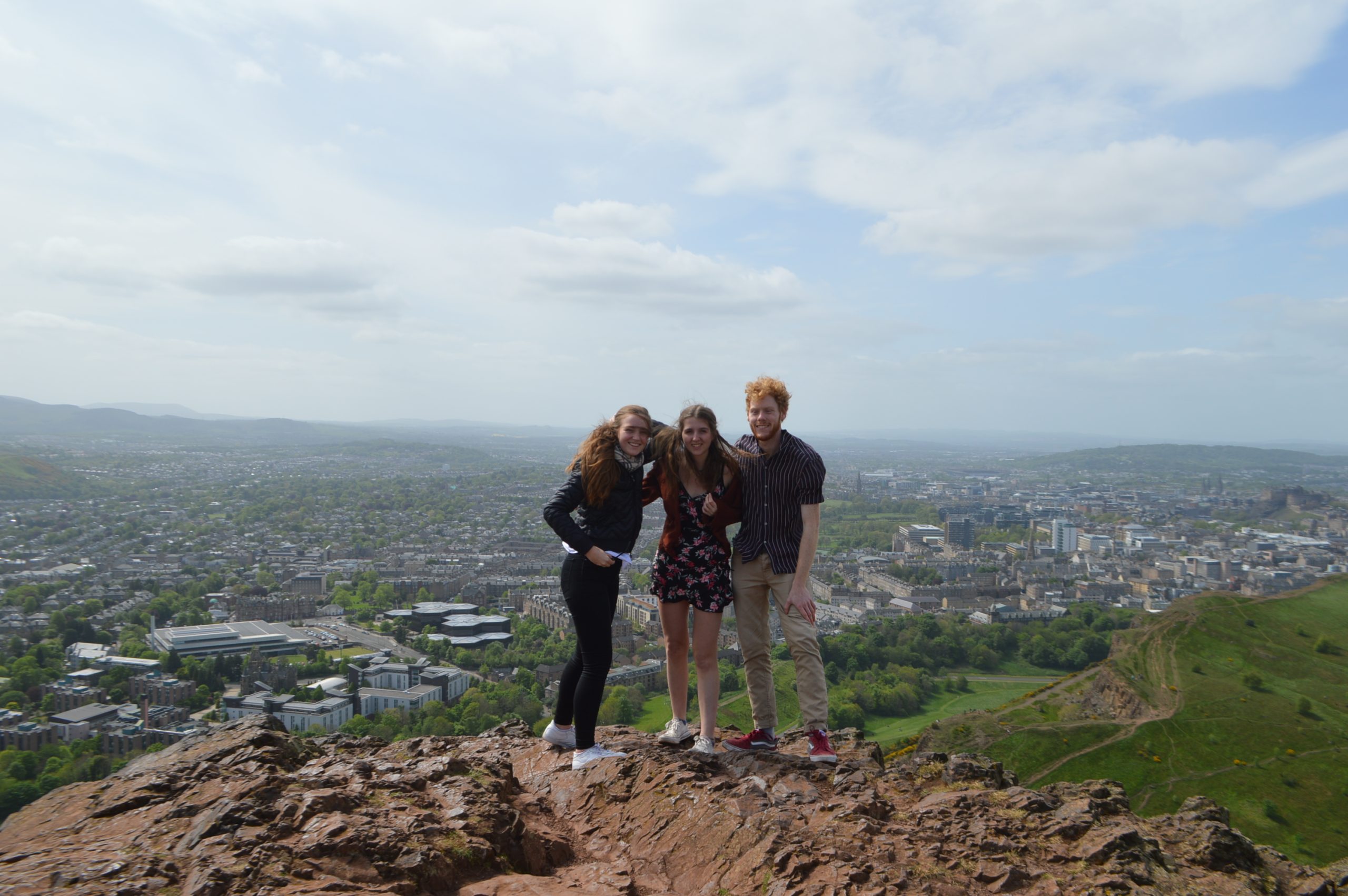This week we went to a UNESCO Refugee Integration through Language and Arts event, at Glasgow university. It was inspiring to hear presentations from so many organisations about what they were working on – many of these were very local projects, so we were able to have many good discussions about grassroots community efforts.
We presented on narratives of education which we see as important, and we discussed the ways which integration can be facilitated. We talked about what we strive for in our classes and social system. First of all, we aim to deconstruct the power structures we are used to (from media representations to everyday stereotypes) and create a non-hierarchical space for learning and exchanging. For this, reciprocity is very important, and we firmly believe that both our guest students and AUC students (whether they join the organisation as coordinators, teachers or buddies) equally have something to learn from being in R2E. Lastly, we strive to use the legitimacy of our university platform to make recognised education more accessible and inclusive.
For us, our shared space is the university, which provides an opportunity for communities which might not otherwise have met to come together. It is an environment to explore shared experiences and make friends, and to branch out into new social spheres in a way that is voluntary and non-hierarchical.
In this way, by providing access to university spaces, students, and faculty, we hope to shift relationships to higher education and help everyone have access to the same experiences of education. This is aiming to both create a community in a shared space, but we are also trying to improve direct access to higher education.
But, research suggests there’s no lack of demand for Higher Education from refugees in Europe. Discourse has often focused on changing the feelings of the individual, but Right2Education wouldn’t exist if our universities were perfectly facilitating refugee integration. The responsibility doesn’t lie in the individual to change their attitude to universities, but rather it lies in the universities representation of itself and the way it permits access for those marginalised groups.
Right2Education absolutely could not function without our connection to the universities that support us. Being able to give our students access to these spaces is enormously important, but it’s also enormously important to change discourse about higher education. Integration takes more than physical space, it also takes a shift in discourse and relationships within that space.

